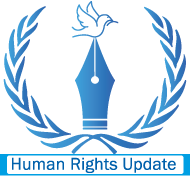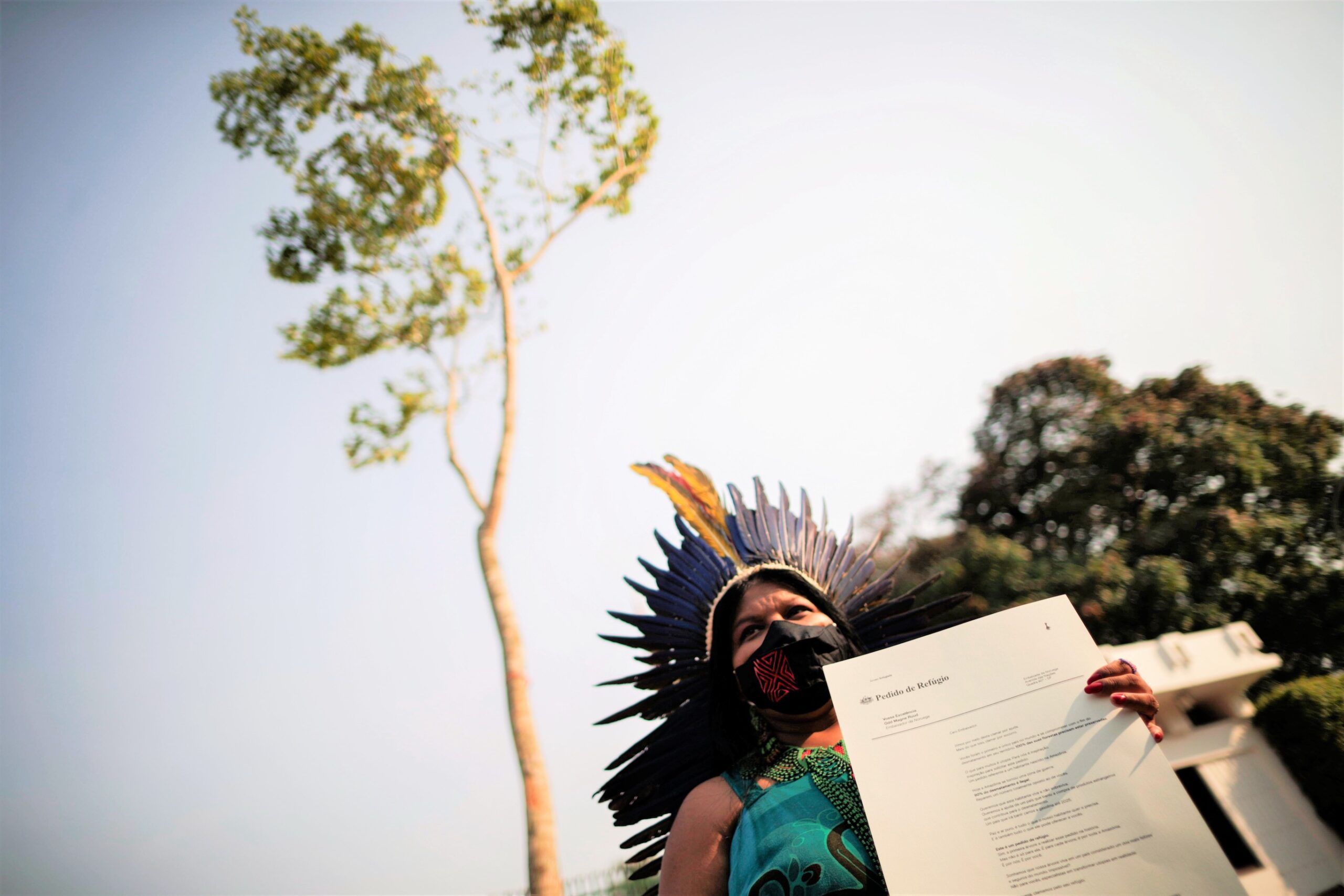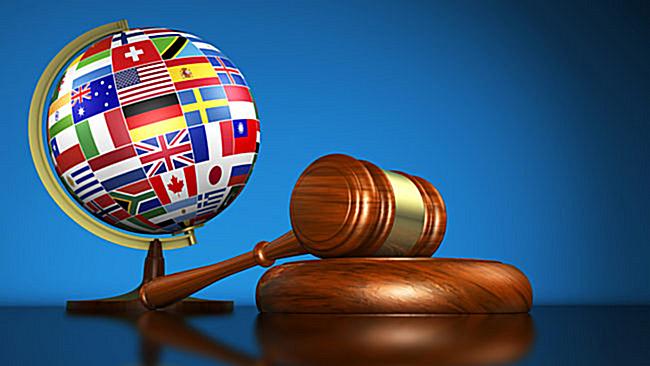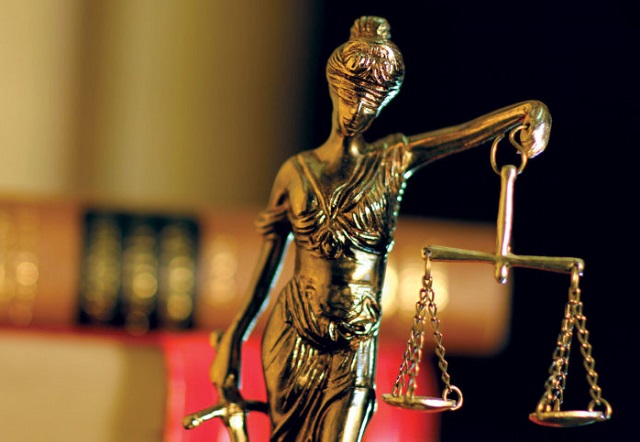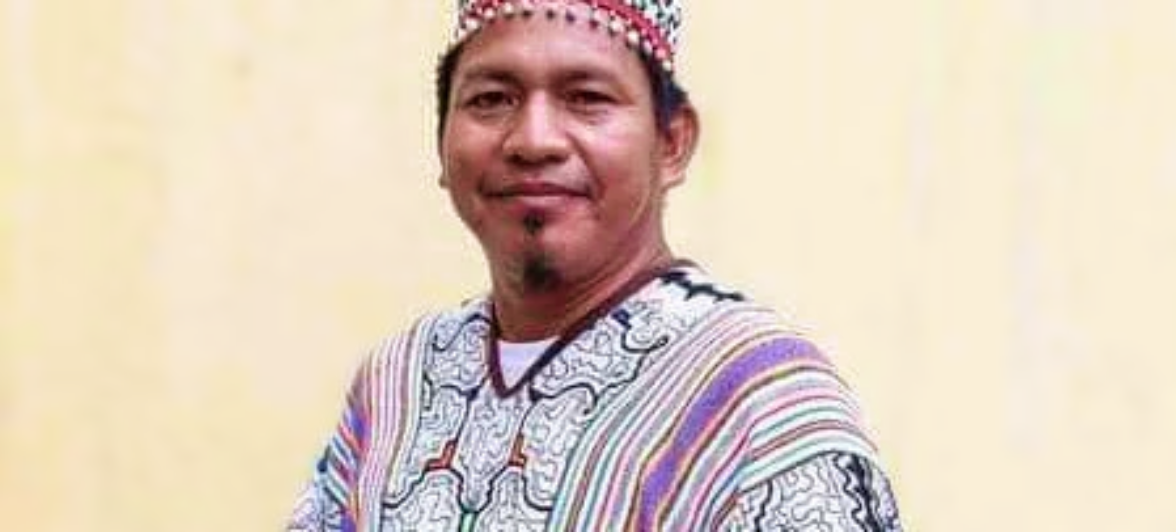In a startling turn of events, an escalating chorus of voices from around the world is demanding that countries reconsider their participation in the upcoming G20 summit scheduled to be held in Delhi, India. The reason behind this fervent call for a boycott is the mounting concern over India’s alleged push towards a Hindutva state, which is causing fear for the survival of religious diversity, human rights violations, and communal violence.
Rising Fear of Extinction of Religious Diversity:
Reports have emerged outlining India’s alleged agenda to establish a Hindutva state, a movement advocating for Hindu nationalism, which has raised alarm bells among religious minorities in the country. There are growing fears that this ideology may lead to the marginalization and even extinction of religious communities such as Christianity, Islam, Buddhism, and others. The recent incidents of violence against Muslims within India have intensified concerns.
Communal Violence and Religious Targeting:
Tensions reached a boiling point just months ago when communal riots erupted in Haryana’s Noah, near Delhi, resulting in the loss of several Muslim lives. Radical Hindutva elements are alleged to have set mosques on fire and targeted innocent Muslims, with even the imam of a mosque losing his life in these attacks. This wave of violence is adding to the long history of anti-Muslim riots in India, casting a shadow on the nation’s secular and democratic image.
Assam’s Disputed Treatment of Minority Muslims:
The Indian state of Assam has become another focal point of concern. The issue of Bengali-speaking Muslims being labeled as outsiders and calls for their removal from the state have drawn international attention. These Muslims have deep historical roots in Assam, dating back to the 13th century, and the push to classify them as “foreigners” undermines their rights and challenges the principles of inclusivity and equality.
Ethnic Conflict in Manipur:
The ongoing ethnic conflict in Manipur, a northeastern state of India, has further exposed the vulnerability of minority communities. Over 300,000 Pangal Muslims, who have lived in the region for centuries, are caught in the crossfire of clashes between Meitei and Kuki-Zomi groups. Leaders of the Pangal community express deep concern over being distrusted and targeted by both sides in the conflict.
Religious Freedom Under Threat:
Under the Modi government, there have been reports of restrictions on religious activities of Muslims in multiple Indian states. Notably, the ban on the hijab for women has raised concerns about the erosion of personal freedoms and religious rights. These developments highlight the increasing challenges to religious pluralism and individual autonomy in the country.
Global Solidarity in Boycott Call:
As these disturbing human rights concerns continue to mount, advocates for human rights and religious freedom worldwide are united in their call for countries to boycott the G20 summit scheduled in Delhi. The international community is sending a strong message that it is essential to prioritize values of inclusivity, respect, and equality, and to hold nations accountable for any actions that contradict these principles.
The G20 summit, intended to foster global economic cooperation, now stands at a crossroads, with nations grappling with the ethical decision of whether to participate in an event hosted by a country facing serious allegations of human rights violations and religious discrimination. As the world watches closely, the response from participating countries will undoubtedly shape the future of the summit and, more importantly, contribute to the ongoing dialogue on human rights and global accountability.
Efforts to Raise Awareness and Advocate for Change:
In the wake of these concerning developments, organizations dedicated to the protection of human rights and religious freedom are mobilizing efforts to raise awareness about the issues at hand. Activists and advocates are using social media campaigns, open letters, and petitions to draw attention to the plight of religious minorities in India and the urgent need for international solidarity.
Global Diplomatic Response:
The international diplomatic community has taken note of these growing concerns and is engaging in discussions about the potential implications of attending the G20 summit in Delhi. Diplomatic sources indicate that many countries are engaging in internal deliberations to determine their stance on participation. The issue is sparking debates on the broader responsibility of global leaders to uphold the principles of human rights and inclusivity.
Civil Society and Public Outcry:
Within India and around the world, civil society organizations, religious leaders, and concerned citizens are voicing their outrage over the alleged human rights violations and discriminatory practices. Public demonstrations, virtual seminars, and public statements are adding to the pressure on governments to take a stand against attending the G20 summit under these circumstances.
Potential Impact on G20 Summit:
The decision of whether to boycott the G20 summit in Delhi remains a significant moral and political quandary for participating countries. While the summit’s main focus is on economic cooperation and development, the mounting human rights concerns may cast a shadow over the discussions and potentially weaken the legitimacy of the event. Many believe that choosing to participate could send a signal that economic interests outweigh human rights concerns.
Conclusion:
As the world awaits the final decisions of participating countries regarding the G20 summit in Delhi, the global response to these human rights concerns highlights the importance of aligning international cooperation with fundamental principles of equality, freedom, and religious pluralism. The situation underscores the interconnectedness of economic and social matters, emphasizing that progress in one area should not come at the cost of regressing in another. With the eyes of the international community fixed on the upcoming summit, the choices made by nations will undoubtedly contribute to shaping the narrative on human rights, religious freedom, and global responsibility.
